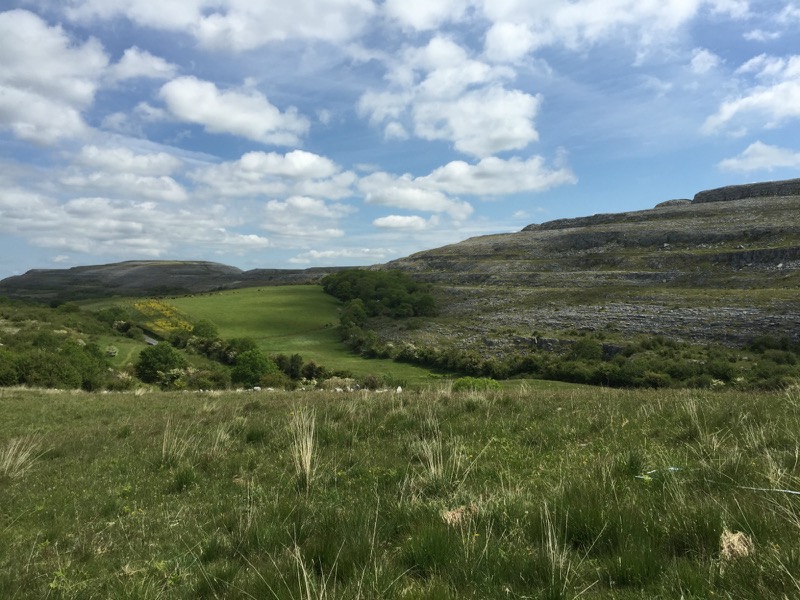Variety is the Spice of Life: Diversity May Reduce our Reliance on Fertiliser
Posted on: 13 January 2016
Ecologists have, for the first time, teased out the many interacting factors that explain why species diversity and productivity vary so greatly between different grassland ecosystems across the globe.
The findings suggest that promoting diversity here in Ireland – and further afield – could help to boost productivity in a similar way to how fertilisers have in the past. Reducing our reliance on fertilisers will be critical if we are to intensify agricultural practices sustainably in the future.
The team of ecologists, which included researchers from Trinity College Dublin, published findings in the leading international journal Nature today.
Grasslands occur over one third of the world’s ice-free land. We rely on them for food, for raising livestock for meat and dairy products, for supporting animal and plant biodiversity, and for removing carbon dioxide from the atmosphere.
Agriculture in Ireland is highly reliant on pastures which range from low diversity pastures on heavily fertilised soils to some of the highest diversity pastures in the world, which exist on nutrient-poor soils in the Burren.

This research suggests that across all types of pasture, increases in species diversity can lead to increased productivity of pastures. However, fertilisation of species rich pastures, while resulting in higher productivity, also leads to reductions in biodiversity. There are two routes open for management of pastures for higher productivity: increasing species diversity and increasing fertilisation.
Professor of Zoology in the School of Natural Sciences at Trinity College Dublin, Yvonne Buckley, said: “We have traditionally relied very heavily on fertilisers for increasing productivity in grasslands but by paying attention to species diversity grasslands can produce the multiple benefits that we need, such as habitat for critical pollinators, while still maintaining productivity.”
“In a world where fuel prices are increasing rapidly and pushing up the cost of fertilisers, the use of species diversity to increase and maintain productivity will become increasingly critical. We need to understand the effects of species diversity in Irish pastures in order to set an appropriate course for sustainable intensification.”
In ecological terms, the findings show that local climatic suitability and soil suitability determine how many species will be present in a grassland, and how much biomass it will produce. However, the same conditions are not necessarily good for diversity and biomass production.
For example, under a certain set of environmental and soil conditions there is clear evidence that biomass increases as diversity also increases. However, there is a complex relationship between biomass and species diversity as more fertile soils promote higher biomass, which in turn reduces the number of species able to persist. However, in most scenarios, more species will lead to a higher biomass.
Professor Buckley added: “This research reconciles decades of debate as to which mechanism was strongest and explains over 60% of the variation in diversity seen between sites worldwide.”
